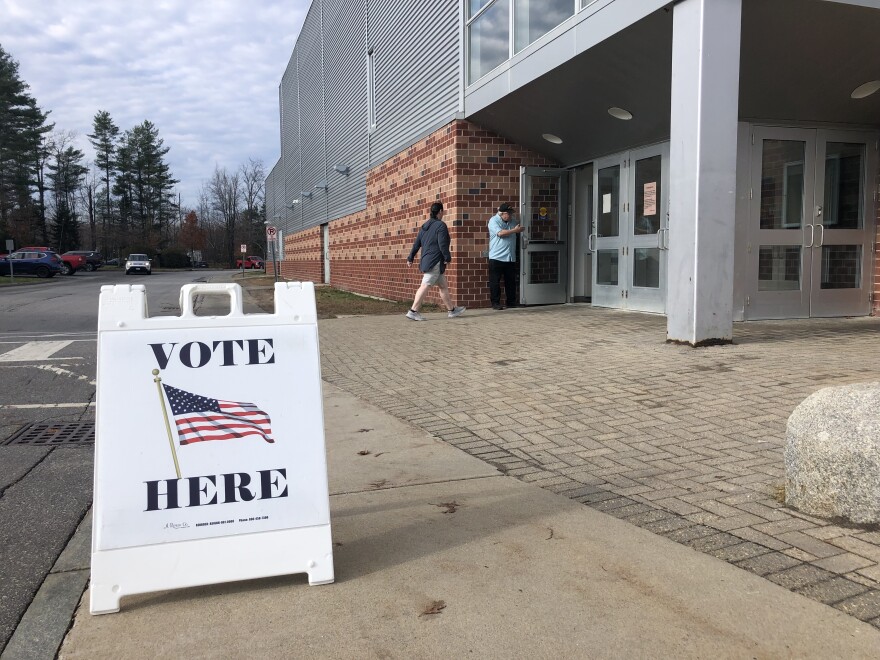The groups behind last fall's ballot initiative limiting donations to so-called "super PACs" are asking a federal appeals court to reinstate Maine's law.
Two weeks ago, a federal District Court judge ruled that Maine's new $5,000 limit on annual contributions to super PACs was unconstitutional because it restricted free speech. U.S. Magistrate Judge Karen Frink Wolf also blocked the new law, which had won the support of roughly 75% of Maine voters last November.
Late last week, three Maine residents and the Massachusetts group behind the ballot initiative, Equal Citizens, appealed that decision in the First Circuit Court of Appeals in Boston. The authors of Question 1 had placed the issue before Maine voters last fall, however, with the expectation that it would be challenged in court.
In fact, their goal is to eventually reach the U.S. Supreme Court.
"We have not had a chance to get this issue up to the court," said Lawrence Lessig, a Harvard Law School professor who founded Equal Citizens, said on Wednesday. "It's just astonishing that for 15 years, this reality of super PACs has been part of American politics without the Supreme Court ever having the chance to address the question. And so we are (hoping) to give them that chance as quickly as possible."
The Supreme Court's landmark decision on the Citizens United case in 2010 opened the door to unlimited spending by corporations and labor unions on elections but also to the rise of super PACs.
Super PACs are organizations that make "independent expenditures" in campaigns. They are considered independent because they spend money to support or oppose candidates without coordinating with candidate campaigns. But critics of super PACs contend that coordination still happens and they argue that contribution limits, such as the one approved by Maine voters, would reduce the likelihood of quid pro quo corruption between groups, donors and politicians.
Two Maine super PACs — For Our Future and Dinner Table Action — teamed up with a national group, the Institute for Free Speech, to challenge Maine's law in court.



